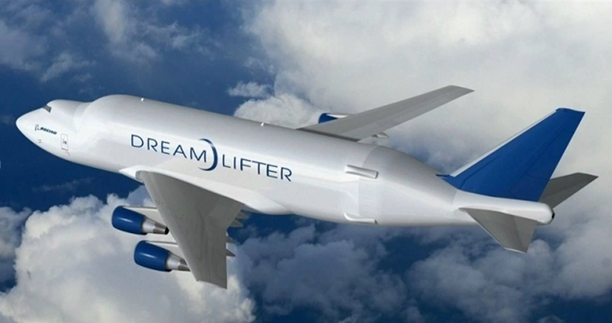If you haven’t seen the movie “Planes, Trains, and Automobiles” starring Steve Martin and the late John Candy, please stop reading this blog, go find the movie, make some popcorn, and watch it. You can thank me later.

Photo credit imbd.com
If you have seen the film, please read on.
Managing global freight efficiently and effectively can be an extremely challenging endeavor. I used to do it on a daily basis back in the early 1990’s, in the days before email, when the mighty fax machine reigned supreme. Back then, transportation management was an art form using phones, “snail mail,” clipboards, legal pads, and if you were on the extreme cutting-edge, spreadsheets.
Fortunately, a lot has changed over the last 25 years. Blockbuster comedies may not have improved much since then, but managing transportation has come a very long way indeed.
Today, Industrial manufacturers can simultaneously control logistics costs and increase on-time delivery performance by streamlining transportation planning and eliminating offline logistics activities using a world-class Transportation Management solution.
SAP Transportation Management (SAP TM) supports all the activities a manufacturer needs to physically transport goods from one location to another. SAP TM helps your transportation and supply chain professionals:
- Create forwarding orders
- Create freight bookings
- Plan transportation parameters and select carriers
- Tender transportation services
- Dispatch and monitor shipments
- Calculate transportation charges for both inbound and outbound freight
- Manage global trade and dangerous goods regulations

Photo credit James Weatherly / youtube.com
SAP TM helps create and monitor an efficient transportation plan based on service level, costs, and resource availability. Using this technology, industrial manufacturers can leverage and optimize their transportation processes to use on-time delivery performance as a major competitive advantage.
SAP TM software consolidates orders and optimizes shipments across the global supply chain to maximize the return on your outbound and inbound transportation costs. In addition to reduced costs, some other benefits include:
- Optimize assignment and tendering of shipments to carriers
- Calculate and settle freight and shipments costs with greater accuracy
- Improve global regulation compliance with reliable access to denied-party and embargo lists
- Reduce overall transportation spend while maintaining service levels
- Decrease the number of transportation FTEs required while maintaining service levels
- Minimize the number of delayed shipments due to capacity constraints and poor planning
- High user acceptance and internal employee satisfaction due to automation and simplification
- Improve carrier selection efficiency by centrally storing freight rates
- Improve capacity efficiency and effectiveness with multi-stop shipment enablement
- Faster logistics planning, lower transportation costs, and more products shipped
Some of our customers have lowered transportation spending by as much as 22%, reduced the number of employees focused on transportation by as much as 26%, and decreased late shipments by as much as 74%. SAP Transportation Management has helped many companies streamline their planning processes to better control costs and meet or exceed customer delivery date expectations.

Photo credit dnv.com
Please check out the following links for more information on transportation management:
Dave Parrish is the Senior Global Marketing Director for the Industrial Machinery & Components (IM&C) industry at SAP. Based in Denver, he has been with SAP for 8 years. Prior to joining SAP, Dave spent 10 years working for the J.D. Edwards > PeopleSoft > Oracle corporate “mash-up” as well as QAD. Before joining the software industry, he spent over 15 years in the industrial manufacturing sector and earned a BS in Advertising from the University of Illinois in Champaign-Urbana, an MBA in Transportation Management from the University of Colorado in Boulder, and a Certification in Production and Inventory Management (CPIM) from APICS, a leading association for supply chain and operations management. When not working, Dave likes to listen to music, hike, bike, ski, paddle, and camp with his wife, son, daughter, and dogs.



